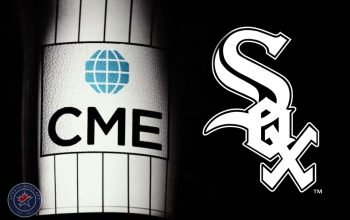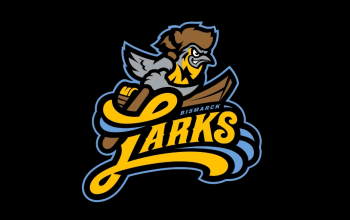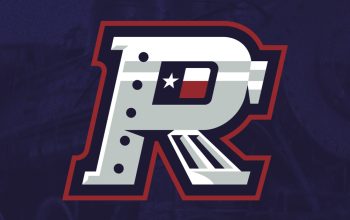Baseball goes way back in Lexington, Kentucky. But after playing host to a handful of teams dating back to the 1800s, the city went without baseball for most of the second half of the 20th century. After the Negro Leagues’ Lexington Hustlers and the independent Lexington Colts disbanded in 1954, baseball was dormant in the city for decades. In 1984, the first rumblings about bringing the sport back to Lexington began. After 15 years of false starts, in 1999 a group of investors bought the rights to a Single-A franchise, which would debut in Lexington as a member of Single-A South Atlantic League in 2001.
If there was any question whether the city was glad to have a team in its midst after half a century without, the popularity of a name-the-team contest held in conjunction with the Lexington Herald-Leader was one of the first clues. The contest started in February of 2000.
“By mid-May, Lexington Professional Baseball Company had received over 5,400 entries consisting of 674 different names,” says the team’s website. “During the last month of the contest, over 14,000 fans voted for their favorite nickname—that’s more than voted in the 2000 congressional primary in Lexington!”
The team’s name and brand evoke a connection to Lexington’s storied baseball past.
“What are the Legends?” asked Jason Klein of Brandiose, the firm responsible for the team’s 2013 rebrand. “There are some loose connections to old-timey baseball.”
The brand, pictured above in it original 2001 iteration, centers around the team’s mascot, old-timey ballplayer Big L, whose back story, according to the team’s website, is notably intertwined with horses.
“Big L was raised by two horse trainers who worked on many of the beautiful horse farms in the area,” the team’s website says. “He spent his childhood days playing the game of baseball in the fields of these sprawling farms…. Now, with his playing days over, Big L has decided to return to Lexington as the original Lexington Legend.”
Given Big L’s ties to horse farming and the popularity of horse racing in Kentucky (Lexington itself is home to race courses the Kentucky Horse Park, The Red Mile, and Keeneland) Brandiose’s early discussions about the 2013 rebrand focused on that sport.
“We tried to incorporate horse racing a lot early on,” Klein said. “There’s some stuff like the white picket fence, which is a staple in Lexington for horse farms.”
But ultimately, as with all things Lexington Legends, the rebrand ended up focusing on Big L himself.
“They really wanted to focus on this mascot of theirs, Big L,” Klein said. “We were like, this is a great character, let’s figure out where we can take this character.”
There are a few alternate logos that evoke granite, “which is also big there,” Klein said, but the real identity is found in the team’s storied mascot.
The logo that defined the rebrand and caught the national imagination was one that reduced Big L to his most prominent feature.
“It was sort of like when the hipster mustache movement was getting started,” Klein said. “We were like, hey, why don’t we put the mustache on a hat, and it will be a tribute to the mascot?”
The mustache logo caught the attention of the national media, but the team was quick to explain they weren’t just catching a passing bandwagon.
“Minor League Baseball is all about the ‘wow’ factor, and we wanted to go beyond the normal stuff you’d see at the ballpark,” said Ty Cobb (no, not that Ty Cobb), the Legends director of creative services and graphic designer, quoted on MiLB.com. “And we wanted to be the team to do this first, to have a mustache on a hat. Our mascot, he actually has a mustache, so we’re not just hopping on a fad.”

The team treaded lightly at first, using the mustache logo sparingly.
“First it was the road and alternate cap,” Klein said. “Quickly it became the official home cap when the popularity took off.”

And that popularity did take off. The mustache found its way pretty much everywhere, including a Legends T-shirt that was best described by Ben Hill, author of Minor League Baseball’s Ben’s Biz Blog: “This is real: a piece of officially licensed Minor League Baseball apparel that explicitly references the time-honored act of mustache riding.”
The guys at Brandiose probably didn’t have that idea in mind when they created the mustache logo, but when they hand off a suite of logos to a team they work with, they’re happy to see that team take the ball and run.
“Like any concept, you really want it to have legs,” Klein said. “You want the staff to be able to creatively run with it. The mustache was something where the staff found themselves creatively coming up with ideas faster than anything else.”
In just over 15 years, the Legends brand has made the jump from retro kitschy to hipster irony, but in the world of minor league baseball, that sort of jump can be just the thing that gets you noticed. You never know what’s going to catch the public’s imagination, but the simple mustache logo has become the centerpiece of this relatively young brand.


















